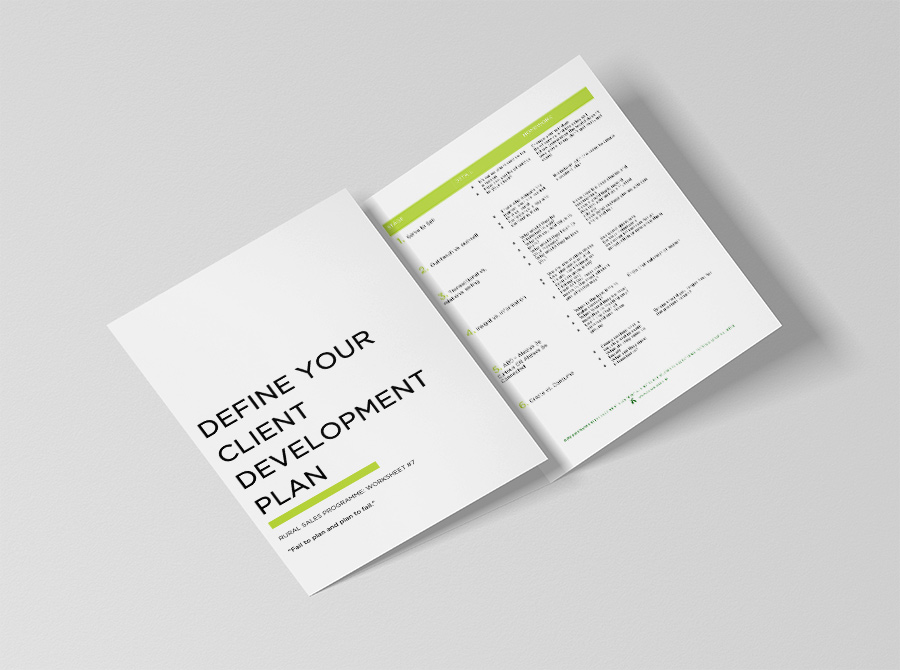How You Get More Done
We now need to do more with less. We have had to become leaner and meaner. That’s our new reality.
So how can you improve your productivity to keep up? What are some of the solutions?
Try these top ten productivity tips:
1. Focus on some things rather than everything
Do one thing at a time and do it well. Switching between tasks comes at a cost.
I use the “rock, pebbles, sand model” or 1-3-5 tool. Ask yourself what is the one big thing (rock) you need to get done today? What are the 3 medium (pebble) things you need to get done? The little things (sand) can always wait.
Don’t start with the easy. Start your day with the hard. “Eat the frog” so you build on that success and feeling of achievement.
And don’t mistake efficiency for effectiveness.
2. “Manage your energy as much as your time” (courtesy of Tony Schwartz)
Busy is not about lack of time but about a lack of priorities. Everything is not a priority.
Some things need to be done, delegated, deferred or deleted (what we call the 4Ds). The Eisenhower Matrix works well too.
3. Get more out of your people by investing more in your people
“Teach a man to fish and you’ll feed him for a lifetime.”
Sometimes you can only be as good as the team around you. You also get the teams you tolerate. If you want more support from your team you need to support them first so they can then support you.
Rarely can any of us get anything done in this life alone and this African proverb sums it up best:
“If you want to go fast, go alone. If you want to go far, go together.”
I like the 4 Ds rule: Do, Delegate, Defer or Delete.
4. Book time for interruptions
Like your meetings, you need to book in your interruptions. Help your people understand that there are times you cannot be interrupted but times that you can. You’ll be amazed how much more you can get done when you do this.
5. Multi-tasking is a myth
“To do two things at once is to do neither.”
Multi-tasking used to be a badge the wearer would proudly wear. Not now.
The science is in.
We now know doing one thing well then moving onto the next vs. switching is proven less costly in cognitive terms To impair cognitive performance increases the amount of time necessary to finish the primary task by as much as 25%, a phenomenon known as “switching time.”
Multi-Tasking cognitively impairs us. Some of us like to think we’re great multitaskers because of what it says about us – we’re smarter.
In doing lots of things, the fact is we do nothing really well. Like the efficiency vs. effectiveness argument, being busy doesn’t mean being productive.
The more you do the less you do. It’s a paradox. When you try to do everything you get nothing done. Give one thing your full attention. When done move onto the next.
6. Eat every 3 hours vs. 3 meals every day
Grazing is good.
Surround you and your desk with good, nutritional food that is low in GI and protein dense so it will sustain you for longer (nuts, fruit, yoghurt, high grain wholemeal bread). Eating every 3 hours will give you constant energy allowing you to get more done. Like hydration, feeling hungry can mean it’s too late and your brain fades and so does your productivity.
Our brains typically only weigh 2% of our body mass but use 25% of our energy. That’s a 10x or 1000% energy draw down.
Brain food and fuel is key.
7. Water
Our body is made of 60% water but the muscles in your brain muscles are closer to 80%. When you’re thirsty it’s often too late. If you’re yawning or clearing your throat too much it will be because of a lack of water.
In winter it can be hard to drink water but start by drinking water that is at least room temperature. Pour a glass before you go to bed at night that’s ready to go in the morning vs. cold straight out of a cold tap.
Same for your desk. Leave a big bottle or glass of water at your desk overnight ready to go first thing.
8. Make your open plan office a closed office plan
Open plan offices are possibly the most damaging environment for businesses that’s ever been developed. Studies show you statistically get interrupted once every 11 minutes, it then takes you 22 minutes to get back to full productivity.
The “have you got 5 minutes?” requests always turns out to be longer and then you get behind on your work or have to re-set especially if it’s deep cognitive brain/thinking type work.
Like interruptions, close your door and let people know you need time to think and can’t be interrupted. Plan and book your thinking time in your diary so it gets done.
As Cal Newport says in his brilliant book Deep Work, as the world becomes more complicated we need more cognitive time to counter this new world’s challenges. Those top tow inches really are the most important muscle.
9. Know when you work at your best
I know I work best between the hours of 9-11am. This is when I do my best thinking.
You may be a lark ie. good first thing in the morning or you may be an owl – better as the day goes on.
Whichever one you are make sure don’t waste your best time on your least tasks. If you are a lark schedule the mechanical or administrative for the end of the day, not the start.
10. If it’s not in the diary it doesn’t get done
When I was younger I always wondered why the Executive I reported into had a PA (personal assistant) and a strict diary. They’d worked out, unlike me at the time, that time is all they have.
It’s the same for you and me.
You have to spend it wisely and not let others spend it for you. You need to dictate and drive your priorities, not others.
Be proactive with your time management. My mantra is exactly what I’ve stated above so it bears repeating: “if it’s not in the diary it doesn’t get done.”
You should make it your mantra too. You’ll be surprised by the results.
And remember one diary to rule them all.
So there you have it. Even if you apply just 20% of these ten productivity tools I guarantee you will gain more time so you can get more done.
Remember too, it’s the important stuff not the urgent stuff.





